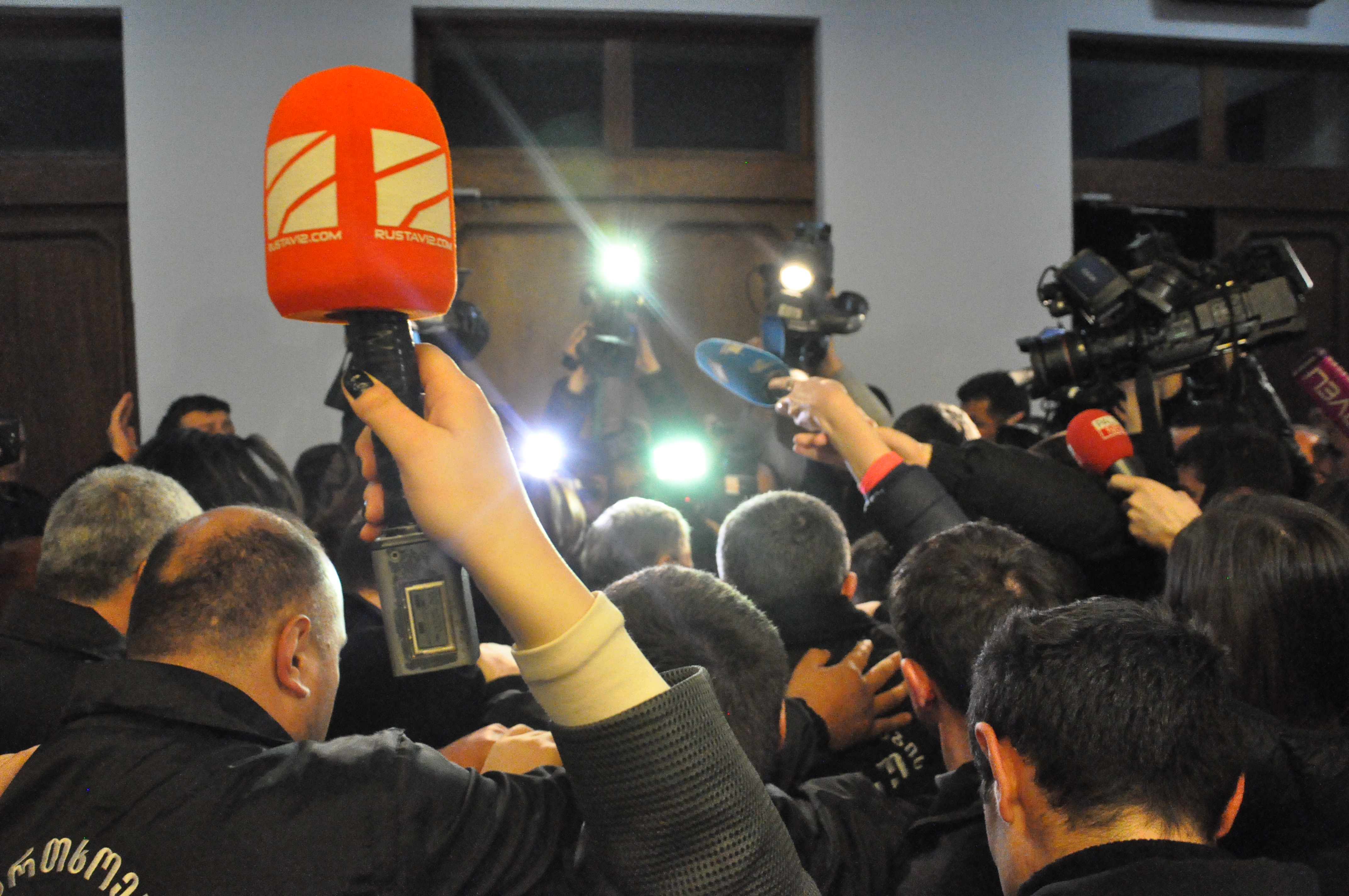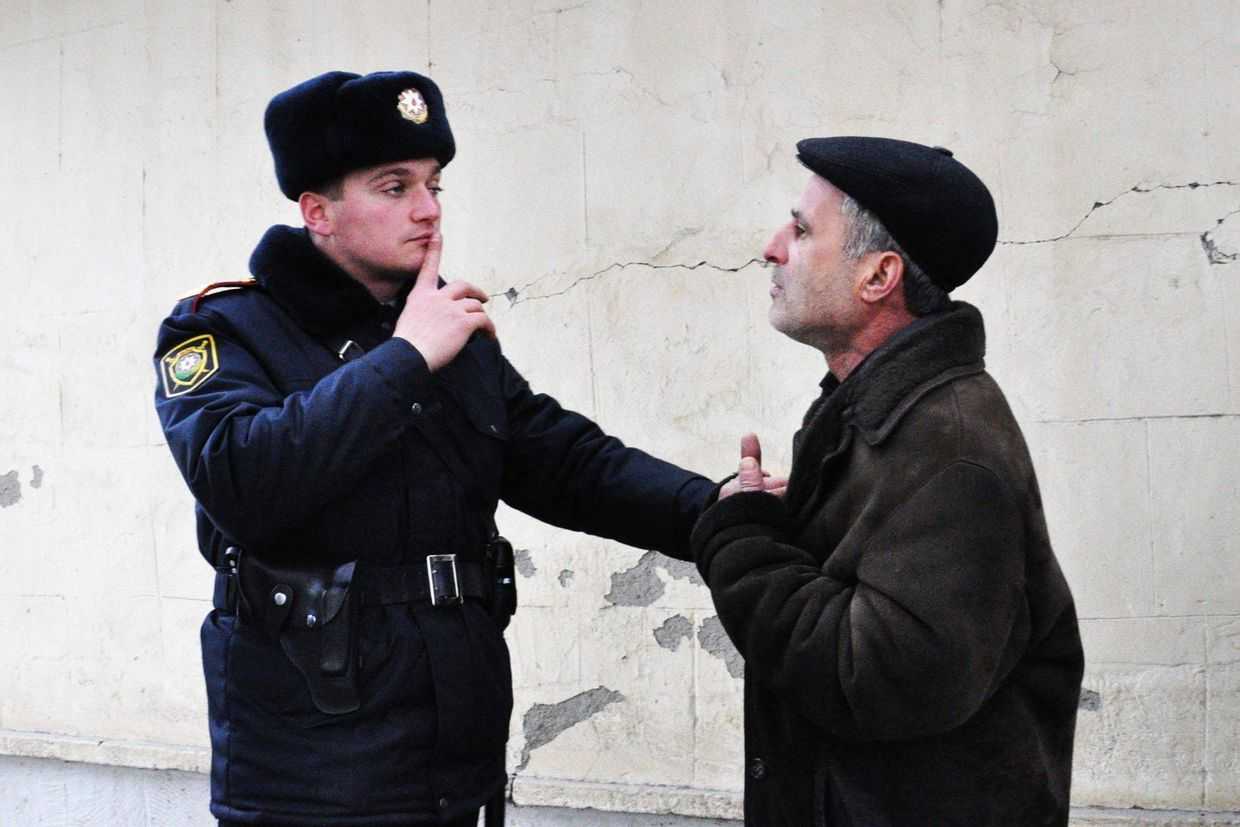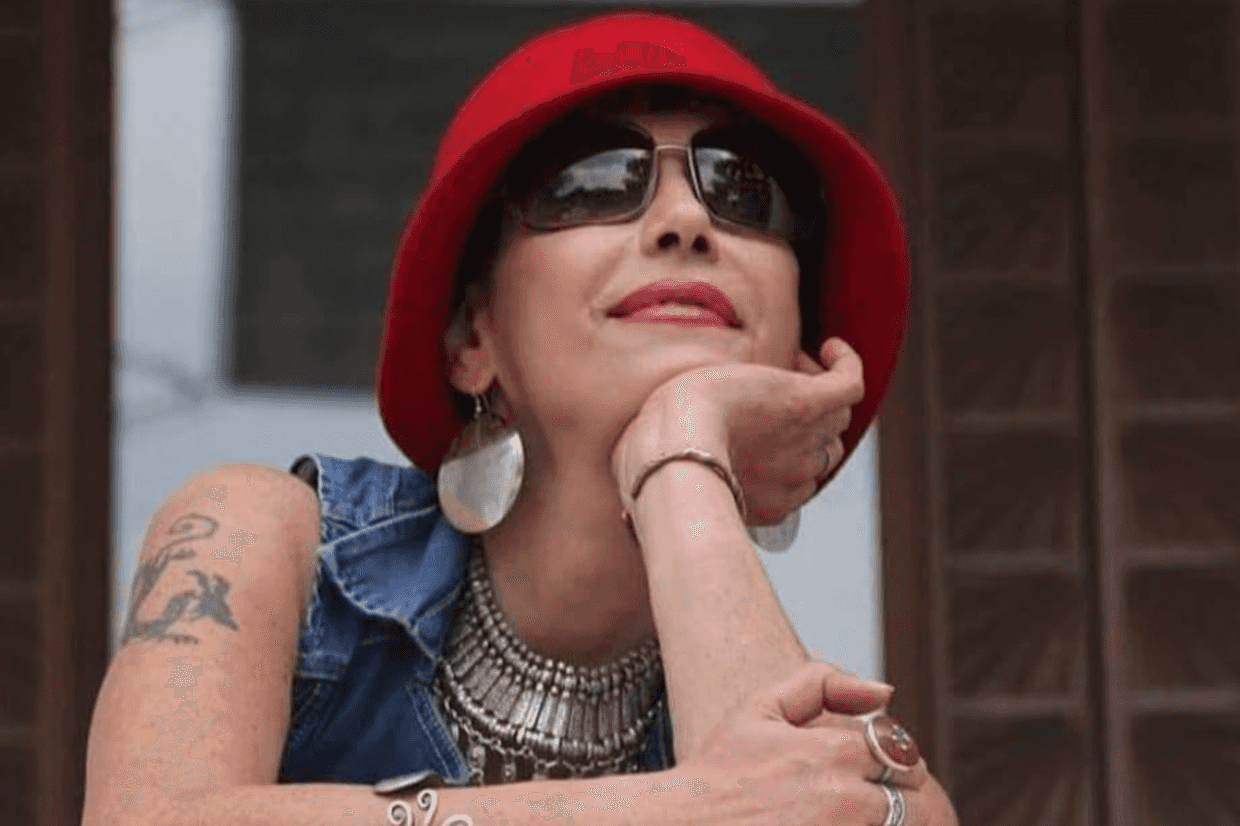

Ownership of pro-opposition Georgian TV channel Rustavi 2 has been transferred to businessman Kibar Khalvashi, a previous owner, after a ruling by the European Court of Human Rights (ECHR). The court ruled that the previous owners’ right to a fair trial was not violated when Georgia’s Supreme Court ordered that ownership should be transferred.
In making their ruling, the ECHR lifted an interim measure which inhibited the execution of the Georgian Supreme Court’s ruling.
The Court also unanimously rejected as inadmissible the remaining complaints brought by Rustavi 2’s owners as well as by Rustavi 2 itself, including allegations that the proceedings in Georgia had been a state-led campaign to silence the channel.
The applicants in the ECHR were Rustavi 2 Broadcasting Company Ltd and its owners, TV Company Sakartvelo Ltd and Levan and Giorgi Karamanishvili, two brothers who are Georgian nationals living in Tbilisi.
Kibar Khalvashi, a businessman who opponents accuse of having close ties to the government, was Rustavi 2’s owner in 2004–2006. According to him, he was forced to cede the company under pressure from the government of the then–ruling United National Movement Party (UNM). He filed the court case demanding the return of the company in 2015.
The judges from Georgia’s Supreme Court, as the lower courts before it, voted to transfer ownership of the TV channel to Khalvashi in 2017 unanimously.
The ruling was suspended indefinitely after the owners of the channel appealed to the ECHR, leaving it in their hands until the final ruling.
According to the Justice Minister Tea Tsulukiani, the only decision of the ECHR that cannot be appealed is the ruling lifting the suspension on enforcing the Supreme Court’s decision.
Khalvashi responded to the ECHR decision with a statement saying that ‘today it becomes doubtless that’ he is the only lawful owner of Rustavi 2 and that the company was taken away from him by former president Mikheil Saakashvili and the United National Movement.
He pledged to guarantee the editorial independence of Rustavi 2 and added that the only person that would be fired was the executive director, Nika Gvaramia, ‘who was appointed by the regime that took the company away from me’.
‘Instead of him’, Khalvashi wrote, ‘my lawyer Paata Salia will lead the company and I have a clear task for him — to ensure the continuous workflow of the channel and to study the company’s financial situation by inviting an authoritative international audit company’.
The director of Rustavi 2, Nika Gvaramia, called the ECHR judgement ‘legally scandalous’, ‘shocking’ and ‘absolutely unimaginable’. He called on the Justice Minister not to allow the shares of Rustavi 2 to be registered because it would be an interpretation of the ECHR ruling.
He said he will leave only if his co-workers decide so, and that he was ready for ‘war’. He pledged not to allow Bidzina Ivanishvili, the chair of the ruling Georgian Dream Party to ‘crush everything in a day’.
Former President Mikheil Saakashvili called for mobilisation because ‘the only thing Ivanishvili couldn’t take was Rustavi 2 and he’s taking it now’.
Several opposition politicians called on Ivanishvili ‘not to touch Rustavi 2’ until the appeals process at the ECHR was complete.
‘We will not give up on Rustavi 2, we will protect it’, said UNM chair Grigol Vashadze.
Meanwhile, leaders of Georgian Dream said that the ECHR ruling put an end to speculation about Georgia’s courts being unfair.
How will the ruling influence Georgia’s media environment
Natia Kuprashvili, the head of media advocacy group the Journalism Resource Centre told OC Media that ‘serious problems are expected’ in the media landscape given that the balance between the government and opposition will probably be demolished.
‘This is not only a legal process but also political. When we wonder what’s going to change in the media system, we are also talking about what’s going to change in politics. What is expected to change is that the opposition, the UNM in this case, might no longer have a strong instrument’, said Kuprashvili, adding that the ECHR ruling has created an unequal balance of power.
She said that no political actors ‘in this polarised political system’ had an interest in strengthening independent media and that in these circumstances, there was a strong need for balance.
‘I cannot speak about justice. I can only speak about the government’s responsibility, which is not investigating a complaint by the founders of Rustavi 2, who have appealed to the prosecutor’s office’, said Kuprashvili.
The legal debate over Rustavi 2 ownership
Ownership of Rustavi 2’s shares were transferred repeatedly from one private party to another from 1996, when the channel was founded, until 2011.
In August 2015 Kibar Khalvashi filed civil proceedings against the current owners alleging that he had been coerced into selling his shares in the company in 2005 and 2006 by the then leaders of the governing party, the United National Movement (UNM).
Khalvashi submitted in particular that President Saakashvili, ‘who was dissatisfied with Rustavi 2’s editorial policy’, and other high-ranking state officials had threatened him and his family if he refused to sell his shares.
He claimed that he had then had to leave the country for fear of further persecution and was granted political asylum in Germany.
In March 2017, the Grand Chamber of the Supreme Court confirmed lower courts’ findings that Rustavi 2’s owners were not genuine third-party acquirers.
The court established that there had been coercion and that there had been a ‘manifest discrepancy’ between the actual value of Rustavi 2 in 2005–2006 and the payment Khalvashi received in exchange.
Therefore, it was ruled that the agreement which he had entered into was void.
The court ruled that the previous owners of Rustavi 2 had to have been aware that the property they were acquiring had been misappropriated.
According to Rustavi 2, the proceedings against them were a disguised attempt to silence the channel and were part of a wider orchestrated campaign against them from 2012 when the Georgian Dream coalition came to power.
In 2012, two of the founders of Rustavi 2, Jarji Akimidze and Davit Dvali, appealed to Georgia’s Prosecutor’s Office demanding an investigation into their allegations they were forced to cede ownership of the company in 2004.
In a statement in June, the Prosecutor’s Office said that they found it hard to acquire evidence because the investigation had been launched 8 years after the events took place.
On 18 July, Akimidze and Dvali congratulated Khalvashi and said that the ECHR’s ruling was proof that Rustavi 2’s now-former owners had unlawfully taken over the company.
However, they added that justice would be served only after the ‘confiscated’ channel was ‘returned to its founders’.
Kibar Khalvashi had said he would give 50% of the company’s shares to the founders and appoint Dvali as the director, however, relations between the three turned sour in 2017.









